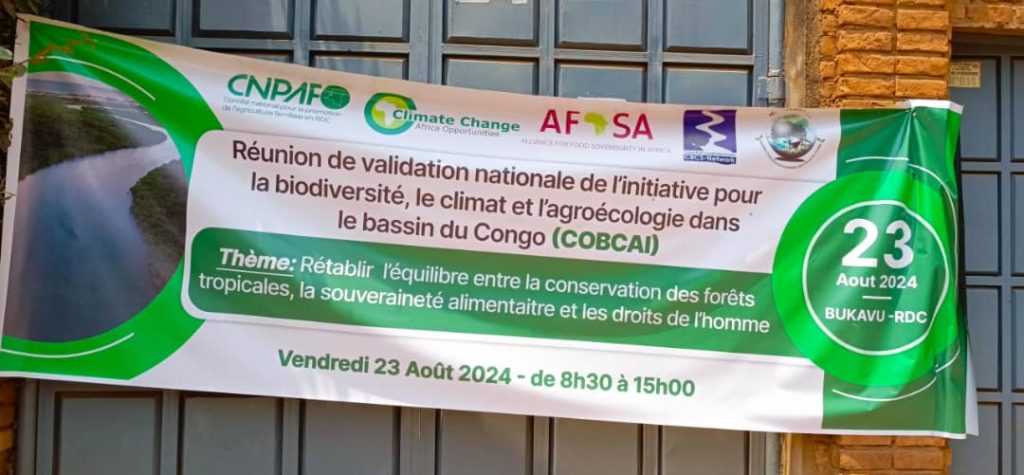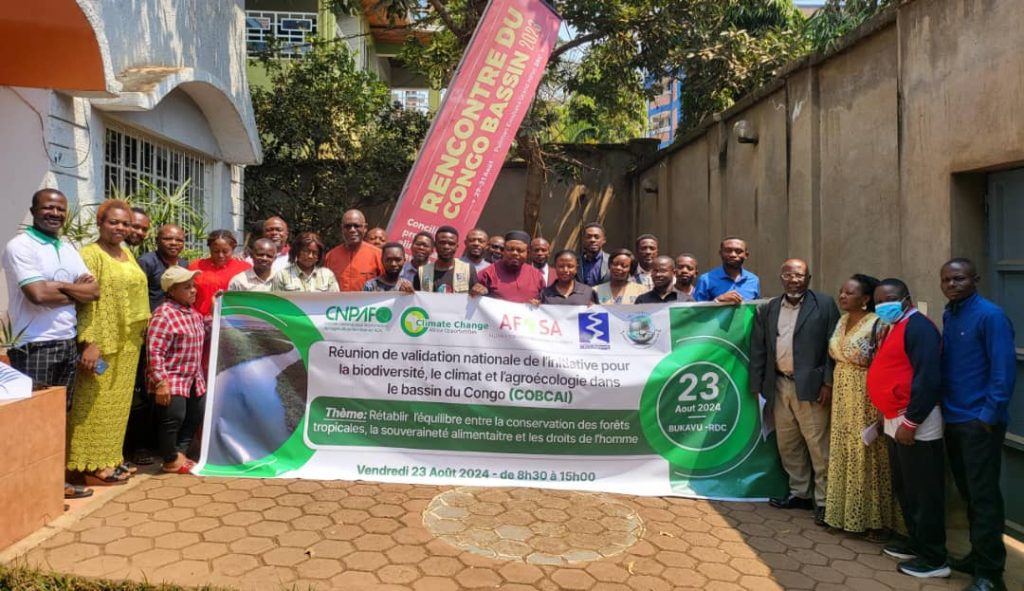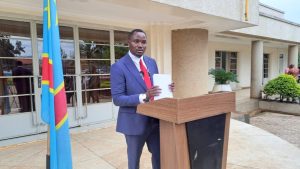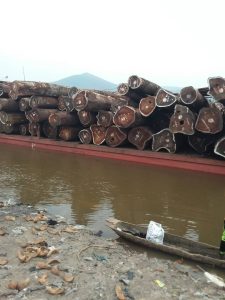
The Congo Basin, the green lung of Africa, is facing numerous challenges related to deforestation, climate change, and food insecurity. To address these issues, the Alliance for Food Sovereignty in Africa (AFSA) has launched the COBCAI project, an ambitious initiative aimed at reconciling biodiversity conservation, food sovereignty, and human rights.
Meeting in Bukavu on August 23, 2024, a wide range of stakeholders from civil society, research institutions, and environmental organizations validated the COBCAI project proposal. According to Josué Aruna, this meeting helped clarify the project’s objectives. He noted that participants gained a deeper understanding of the project’s goals and challenges. « The exchanges fostered synergy among the various stakeholders, » he added.
Several key questions were raised, leading to recommendations that will help refine and enhance the project. These questions included: What potential impact do you foresee this proposal having on local communities and ecosystems, particularly for the most vulnerable populations? Are the proposed actions and strategies feasible within the given timeframe and resources?
Josué Aruna, President and Executive Director of the Congo Basin Conservation Society (CBCS-Network), outlined the five pillars of the COBCAI project. These pillars include :
- Governance and public policy: The project will support the development of policies that promote agroecology and biodiversity conservation, with the involvement of civil society actors.
- Capacity building for local actors : The project will strengthen the capacities of farmers, civil society organizations, and public institutions in agroecology.
- Research and innovation: Research will be conducted to develop sustainable agricultural practices adapted to the local context.
- Scaling up agroecological practices: The project will promote the adoption of environmentally friendly and biodiversity-friendly agricultural practices.
- Monitoring and evaluation: A monitoring and evaluation system will measure the project’s progress and allow for adjustments as needed.

Expected Benefits
The COBCAI project is expected to:
- Improve food security by promoting sustainable and resilient food systems.
- Conserve biodiversity by protecting forests and ecosystems.
- Combat climate change by reducing greenhouse gas emissions and enhancing carbon sequestration.
- Empower local communities by giving them the means to sustainably manage their natural resources.
The COBCAI project represents a significant step forward in the fight to conserve biodiversity and promote food sovereignty in Central Africa. Through a participatory and inclusive approach, this project will contribute to building a more sustainable future for the people of the Congo Basin.
- Angel Nsim





